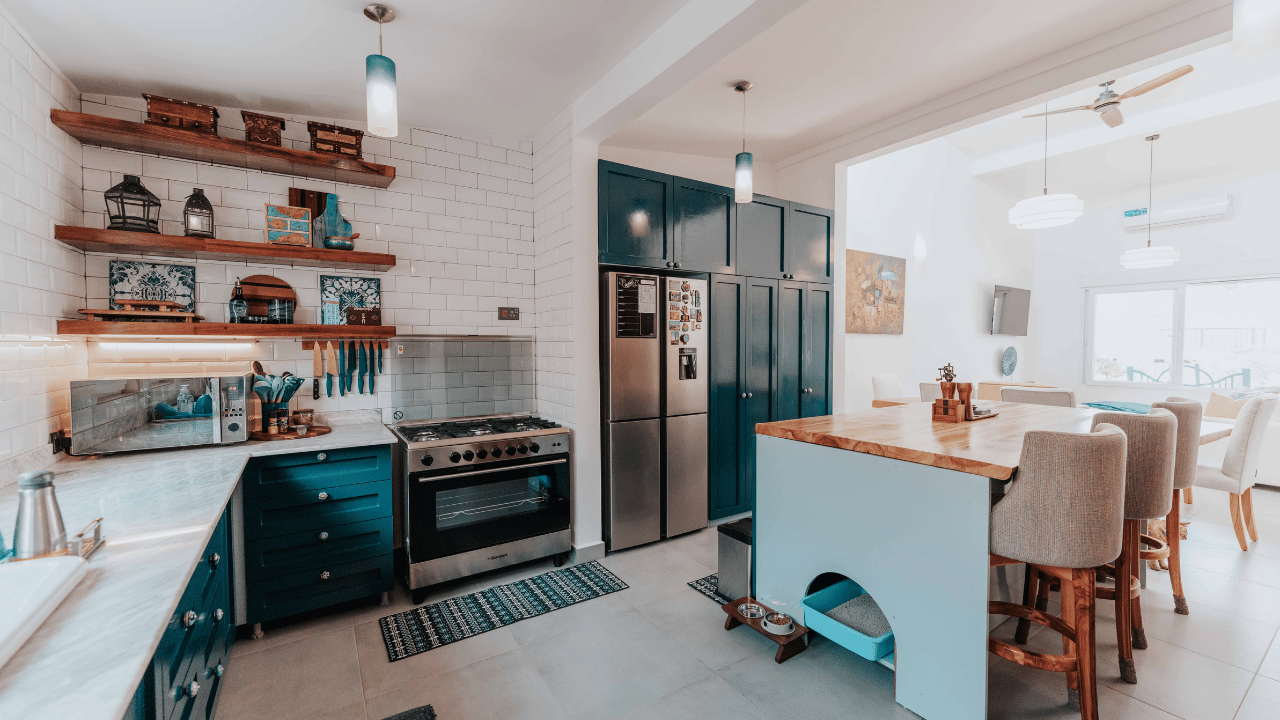Are you struggling to get your business noticed in local search results? Ranking at the top of Google local search isn’t just about luck—it’s about strategy. By mastering local SEO techniques, you can attract more customers, build credibility, and drive traffic to your business. In this guide, we’ll share the essential steps you need to take to climb to the top of Google local search results and maintain your position effectively.
Why Google Local Search Matters
Did you know that 46% of all Google searches have local intent? This means customers near you are actively searching for your products or services. Ranking higher in local search results boosts your visibility, credibility, and conversions. Local search is a critical tool for small businesses to compete effectively against larger competitors. With a robust local SEO strategy, you can connect with nearby customers at the exact moment they’re looking for your services.
Moreover, being visible in local search builds trust within your community. Customers are more likely to choose a business that appears prominently in search results, especially if it has positive reviews and a professional online presence. This is why local search optimization is essential for long-term growth and customer loyalty.
Understanding Google’s Local Search Algorithm
Google’s local search algorithm is built on three core pillars: relevance, proximity, and prominence. By understanding and optimizing for these factors, you can improve your rankings and dominate your local market.
1. Relevance
Relevance determines how well your business matches a user’s query. To ensure that Google sees your business as relevant, focus on the following:
- Optimize Local Listings: Ensure your Google Business Profile (GBP) and other listings like Bing Places are accurate and detailed. Use precise categories that describe your business.
- Include Keywords: Incorporate location-based and industry-specific keywords in your GBP descriptions and website content.
- Content Quality: Write content that directly answers user queries. Include LSI and long-tail keywords to add context and relevance.
2. Proximity
Proximity refers to the physical distance between your business and the searcher. While you can’t control your location, you can optimize proximity signals by:
- Clearly stating your address on your website and GBP.
- Using location-based keywords across your content.
- Adding schema markup to highlight your business location.
3. Prominence
Prominence measures your business’s overall reputation and visibility. To enhance prominence:
- Gather Reviews: Actively request and respond to reviews on Google and other platforms.
- Earn Backlinks: Build high-quality backlinks from local websites, blogs, and directories.
- Engage on Social Media: Share local news, events, and promotions to boost your visibility.
Optimize Your Google My Business Profile
Your Google My Business (GMB) profile is the foundation of local search success. Here’s how to make the most of it:
- Complete All Sections: Ensure your business name, address, and phone number (NAP) are accurate and consistent. Inconsistent information can confuse both search engines and potential customers.
- Add High-Quality Images: Showcase your business with photos of your storefront, products, and team. High-quality visuals help create a positive impression and encourage customer engagement.
- Choose the Right Categories: Select relevant categories to help Google understand your services. Adding secondary categories can further enhance your visibility.
- Encourage Customer Reviews: Respond to reviews promptly and professionally to build trust and engagement. Positive interactions demonstrate excellent customer service and can influence new customers.
- Use Keywords in Descriptions: Include relevant keywords in your GMB business description to help Google associate your profile with targeted search terms.
Build Local Citations
Consistency is key when listing your business across online directories like Yelp, Bing Places, and TripAdvisor. Ensure your NAP details are identical everywhere to avoid confusing search engines and customers. Here’s how to enhance your citation strategy:
- Audit Your Current Listings: Identify and correct inconsistencies in your business information across platforms.
- Add Your Business to Niche Directories: Industry-specific directories can strengthen your authority and attract relevant traffic.
- Monitor and Update Regularly: Keep your listings up-to-date with changes in business hours, services, or contact information.
Create Relevant and Engaging Content
Publishing helpful, localized content demonstrates your expertise and strengthens your connection with the community. Examples include:
- Blog Posts About Community Events: Highlight your involvement in local activities or share event details.
- Tips Tailored to Your Audience’s Location-Specific Needs: Provide advice or solutions relevant to local challenges.
- FAQ Pages Addressing Common Questions in Your Area: These pages help potential customers find answers quickly while improving your SEO.
- Case Studies or Success Stories: Showcase how your business has helped local clients.
Leverage On-Page SEO Signals
On-page SEO plays a significant role in boosting your relevance. Focus on these areas:
- Title Tags and Meta Descriptions: Include target keywords and compelling calls to action to attract clicks.
- Heading Tags (H1, H2, etc.): Use descriptive headings that incorporate your target keywords.
- Alt Text: Add descriptive alt text to images to improve accessibility and keyword relevance.
- Internal and External Links: Link to relevant pages on your site and reputable external resources.
- Schema Markup: Use schema to help search engines understand your content and improve how it appears in search results.
Build High-Quality Backlinks
Local backlinks signal to Google that your business is trusted within your community. Build these links by:
- Partnering with Local Businesses: Collaborate on events, promotions, or sponsorships to create mutual backlinks.
- Sponsoring Community Events: This not only earns backlinks but also enhances your reputation.
- Guest Posting: Share valuable insights or updates relevant to your community.
- Creating Shareable Content: Develop engaging and high-quality content that other sites want to link to.
Encourage and Respond to Reviews
Positive reviews not only boost your reputation but also influence Google rankings. Encourage satisfied customers to leave reviews on:
- Google: These reviews have the most significant impact on your local rankings.
- Yelp: A popular platform for customer reviews, especially in service industries.
- Facebook: Social proof on Facebook adds another layer of credibility.
Responding to reviews—both positive and negative—shows that you value customer feedback. Use feedback constructively to improve your services and strengthen relationships with your audience.
Optimize for Mobile and Voice Search
With most local searches happening on mobile devices, ensure your website:
- Loads Quickly: Compress images and use optimized code to reduce loading times.
- Is Easy to Navigate: Simplify your design and ensure menus are mobile-friendly.
- Supports Voice Search: Optimize for conversational queries, which often include location-based phrases.
Monitor Your Performance
Track your local search rankings and adjust your strategy as needed. Use tools like Google Analytics, Google Search Console, and Moz Local to monitor your performance. Regularly audit your website and GMB profile to ensure everything remains optimized.
Conclusion
Getting to the top of Google local search requires consistent effort and strategic planning. By optimizing your Google My Business profile, building local citations, creating high-quality content, and leveraging backlinks and reviews, you can achieve long-lasting success. Pair these efforts with mobile optimization and ongoing monitoring to stay ahead of your competition. Start implementing these strategies today and watch your local search visibility soar!



